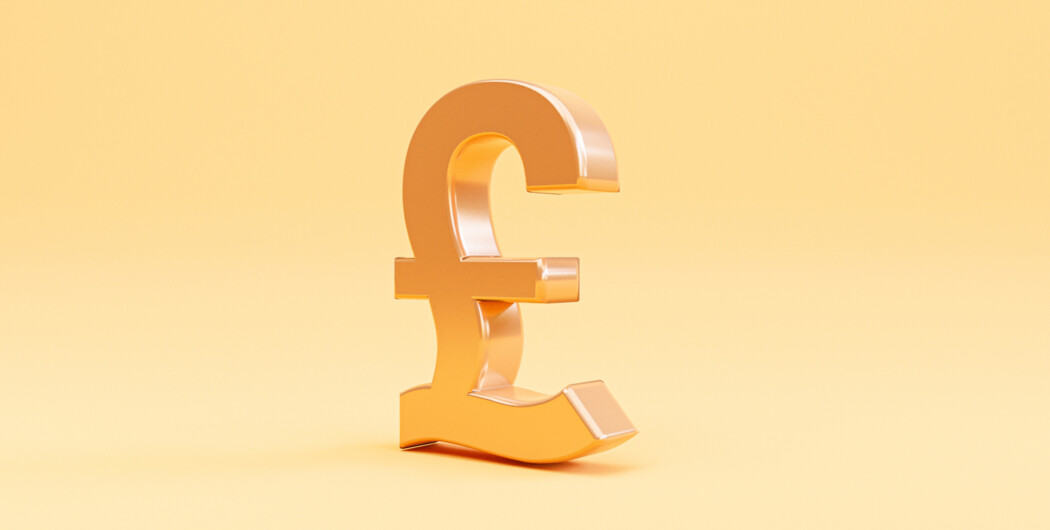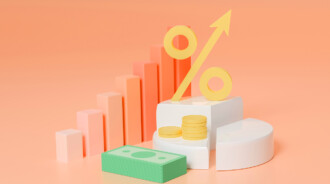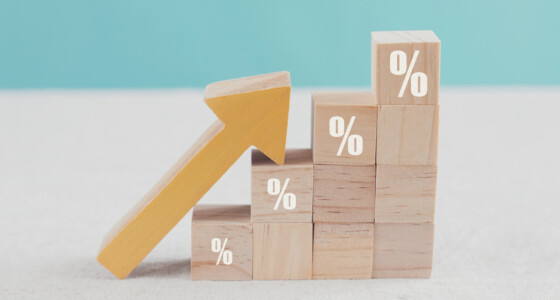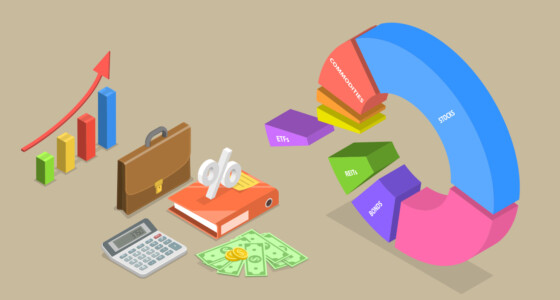

If you are wondering if the pound or GBP is a reliable currency and in which country it is issued, then you are in the right place. Keep reading the article because we will explain the GBP meaning. We’ll look at the GBP and its history and explain why it’s been used for about 300 years.
Understanding the GBP
The GBP is the United Kingdom currency. Other countries that use the pound include the Isle of Man, the South Sandwich Islands, South Georgia, Gibraltar, and the British Antarctic Territory. It is one of the oldest currencies that are still in use today.
On the Forex market, GBP is the fourth most regularly traded currency. The currencies, along with the US dollar, Japanese yen, Euro, and Chinese yuan, form a basket that gauges the value of the International Monetary Fund’s exclusive drawing rights (IMF).
The Bank of England issues the pound sterling, prints the banknotes, and oversees the issuing banknotes by Northern Ireland and Scottish commercial banks. The Bank of England does not regulate GBP notes issued by other countries. It might interest you that the England currency name is also the Great British pound.
History of the GBP
The pound sterling or the GBP currency comes from the Latin term “libra”, which means “balance and weight”. The Bank of England initially issued pound currency banknotes nearly 300 years ago, and these notes have undergone several changes since then.
The pound coin was issued in 1489, during the reign of Henry VII. Pound sterling banknotes were common in England in 1694, shortly after the founding of the Bank of England, and they were initially handwritten. The pound continued to function in its complex arrangement of pennies and shillings until 1971, when the decimal system was implemented.
In 1971, the United Kingdom permitted the British pound, among other currencies, to float freely. Instead of artificial pegs, such a choice allowed market forces to determine the currency’s value. In 1990, the United Kingdom contemplated tying the value of the British pound to the Deutsche mark but quickly abandoned the idea.

Pound vs. Euro
The term “euro” refers to the currency of the countries of the European Union; among them are Spain, the Vatican, Belgium, Martinique, Finland, Germany, and other countries. The England pound is the same as the sterling currency, GBX currency, and the London pound.
Because of its exchange rate and the economies of the countries to which it belongs, this currency is currently used globally. It is the only currency used by the 16 European Union member countries. These member countries collectively contribute to the Eurozone.
The symbol for the euro is €, and its abbreviation is EUR. The pound (GBP) symbol or sometimes referred to as the GBP sign, is £. The GBP currency symbol closely resembles the euro symbol. It is a reference to the Great Britain pound.
A euro consists of 100 cents, whereas a pound consists of 100 pence. The letter “p” represents a penny, and a figure such as 40 pence is pronounced as forty pee. As a result, the basic unit of the euro is the cent, and the basic unit of the pound is the pence. Both the euro and the pound have a six-digit conversion factor. Euro cents are issued as coins.
General
Now you know what GBP is; it is the currency of the UK. The British pound accounts for roughly 13% of the daily trading volume in foreign exchange markets. So it has one of the highest trading volumes in the world.
Please note that even if you use popular strategies containing GBP, they cannot be held responsible for the success of the trading. Always double-check your decisions and keep learning to reduce the risk of losing funds.







